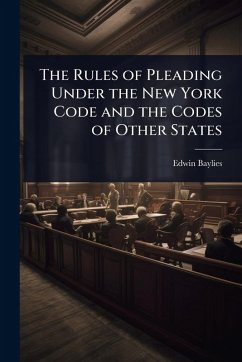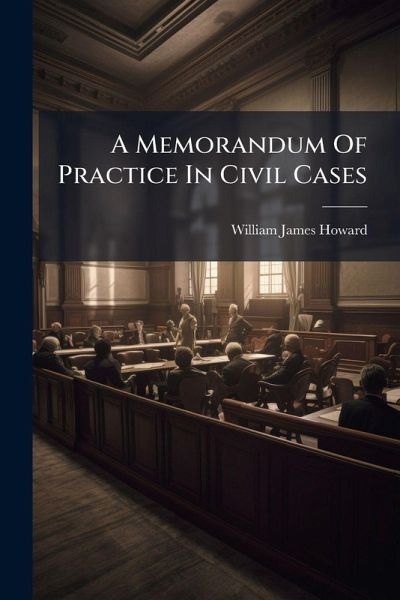
A Memorandum Of Practice In Civil Cases

PAYBACK Punkte
9 °P sammeln!
"A Memorandum Of Practice In Civil Cases" is a comprehensive guide to civil procedure, offering practical insights for legal professionals. Written by William James Howard, this book provides a detailed overview of the key principles and practices involved in civil litigation. It serves as a valuable resource for lawyers, paralegals, and law students seeking to enhance their understanding of civil cases. Covering a range of topics from pleadings to trials, this memorandum is designed to assist practitioners in navigating the complexities of the legal system. This work has been selected by scho...
"A Memorandum Of Practice In Civil Cases" is a comprehensive guide to civil procedure, offering practical insights for legal professionals. Written by William James Howard, this book provides a detailed overview of the key principles and practices involved in civil litigation. It serves as a valuable resource for lawyers, paralegals, and law students seeking to enhance their understanding of civil cases. Covering a range of topics from pleadings to trials, this memorandum is designed to assist practitioners in navigating the complexities of the legal system. This work has been selected by scholars as being culturally important, and is part of the knowledge base of civilization as we know it. This work was reproduced from the original artifact, and remains as true to the original work as possible. Therefore, you will see the original copyright references, library stamps (as most of these works have been housed in our most important libraries around the world), and other notations in the work. This work is in the public domain in the United States of America, and possibly other nations. Within the United States, you may freely copy and distribute this work, as no entity (individual or corporate) has a copyright on the body of the work. As a reproduction of a historical artifact, this work may contain missing or blurred pages, poor pictures, errant marks, etc. Scholars believe, and we concur, that this work is important enough to be preserved, reproduced, and made generally available to the public. We appreciate your support of the preservation process, and thank you for being an important part of keeping this knowledge alive and relevant.



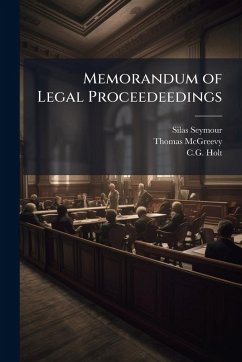
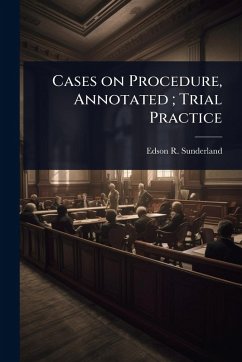
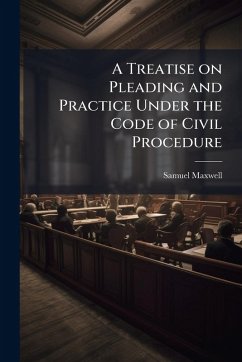

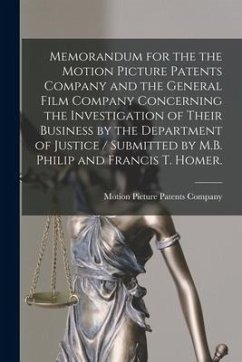
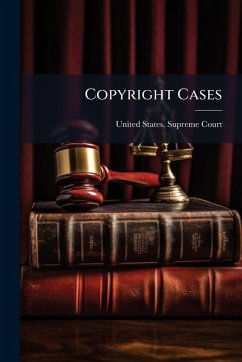
![An International Court of Justice [microform]: Letter and Memorandum of January 12, 1914, to the Netherland Minister of Foreign Affairs, in Behalf of Cover An International Court of Justice [microform]: Letter and Memorandum of January 12, 1914, to the Netherland Minister of Foreign Affairs, in Behalf of](https://bilder.buecher.de/produkte/65/65572/65572646n.jpg)
![Memorandum Upon the Questions and Issue Between Great Britain and the United States in Relation to the North American Fisheries [microform] Cover Memorandum Upon the Questions and Issue Between Great Britain and the United States in Relation to the North American Fisheries [microform]](https://bilder.buecher.de/produkte/65/65582/65582122n.jpg)
